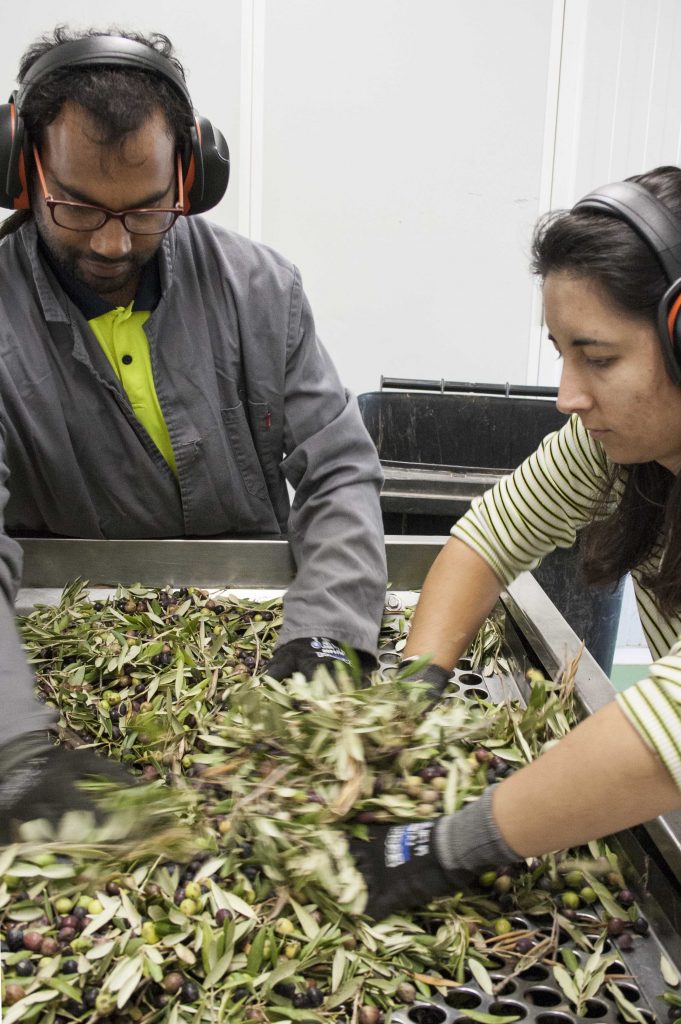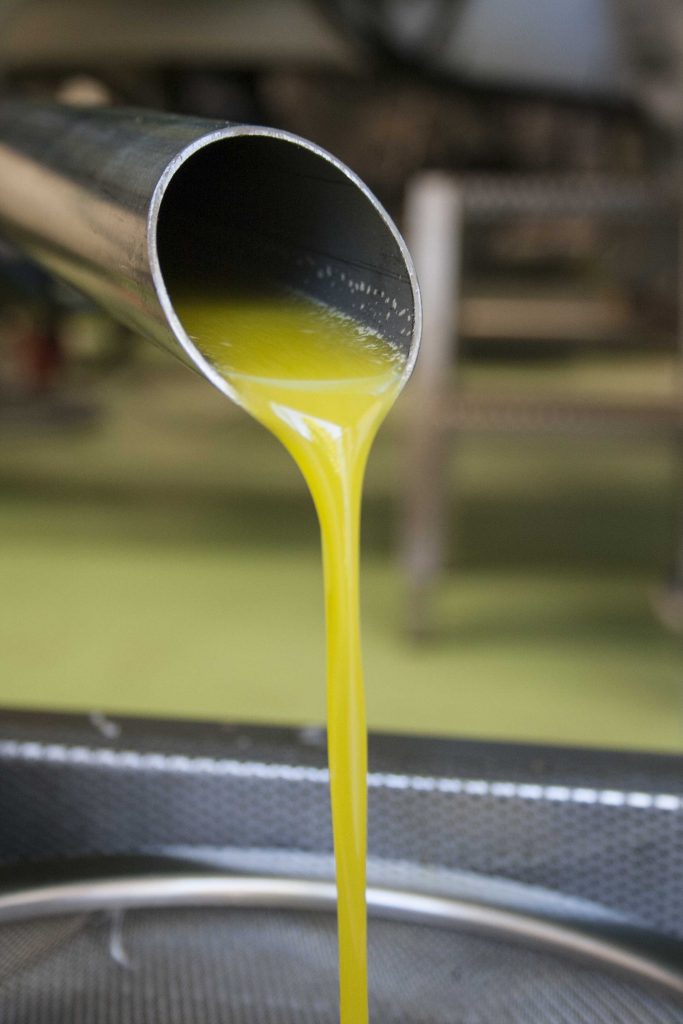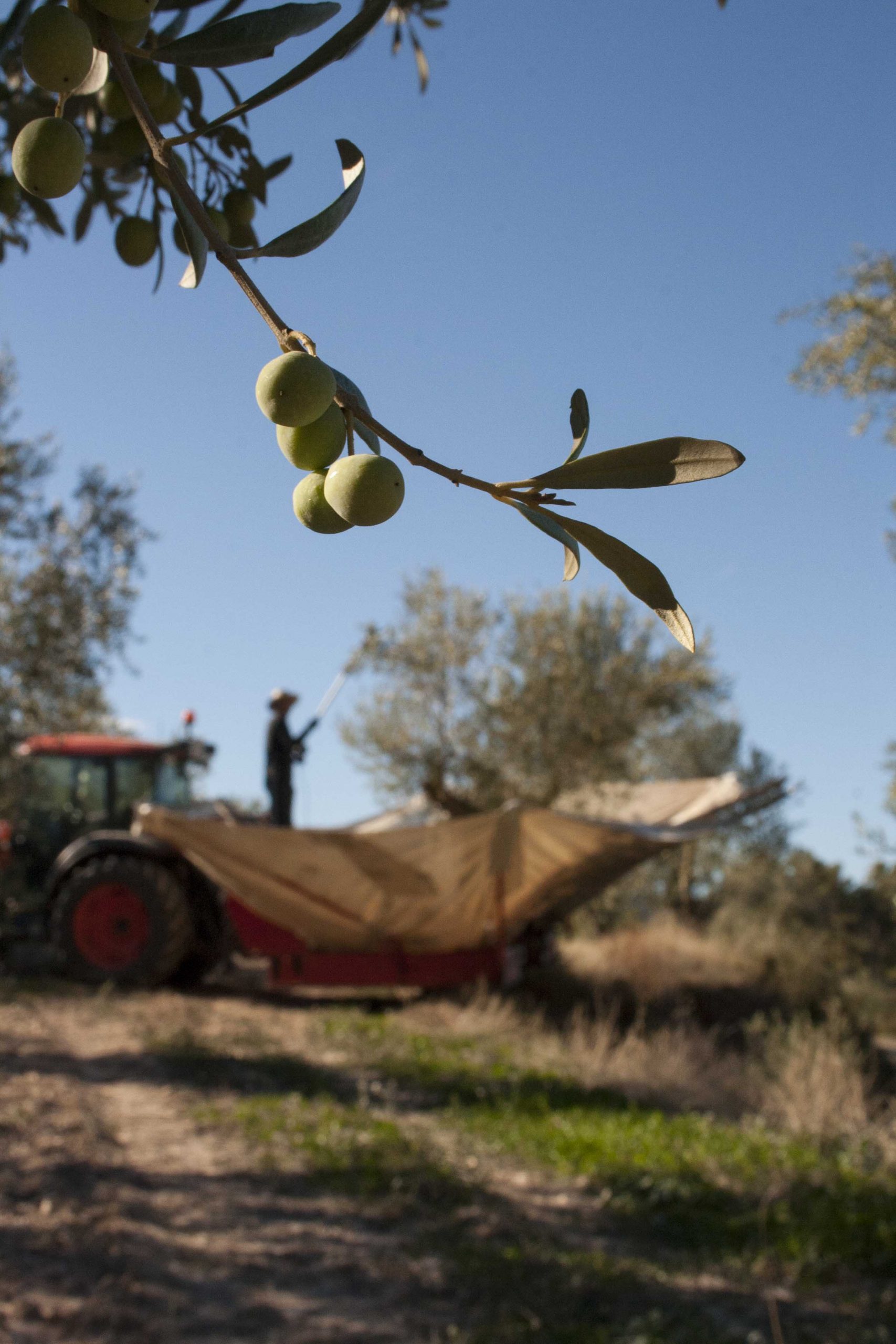Accumulated drought and long episodes of exceptionally high temperatures haver reduced production in a year in which the dry arbequina yields fresh, aromatic oils with more antioxidants
The Arbequina olive harvest begins at the L’Olivera farms in Vallbona de les Monges. It is a harvest that comes after a difficult agricultural year, marked by drought and long episodes of extremely high temperatures. Episodes that have particularly affected the fruit setting, as they were exceptionally strong during the months of May and June, coinciding with the time of flowering. All in all, and despite the fact that the olive tree is a crop adapted to Mediterranean conditions, it is expected that production, in rainfed crops, will fall between 40 and 60%, depending on the farms.
However, the positive side is the good health of the fruits, which at L’Olivera we have decided to harvest early in order to take advantage of the green olive’s potential and obtain, this year, an aromatic, fresh green oil profile and with a higher content of polyphenols and antioxidants.
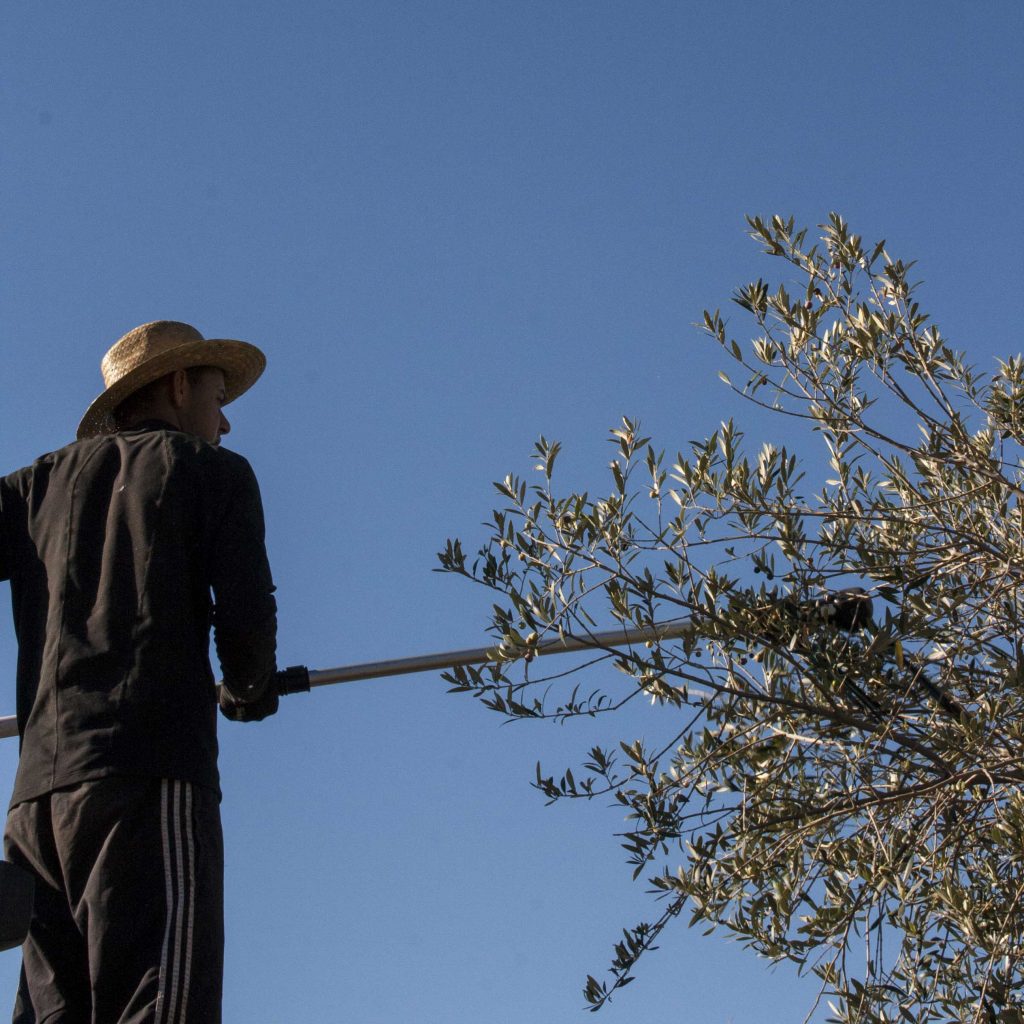
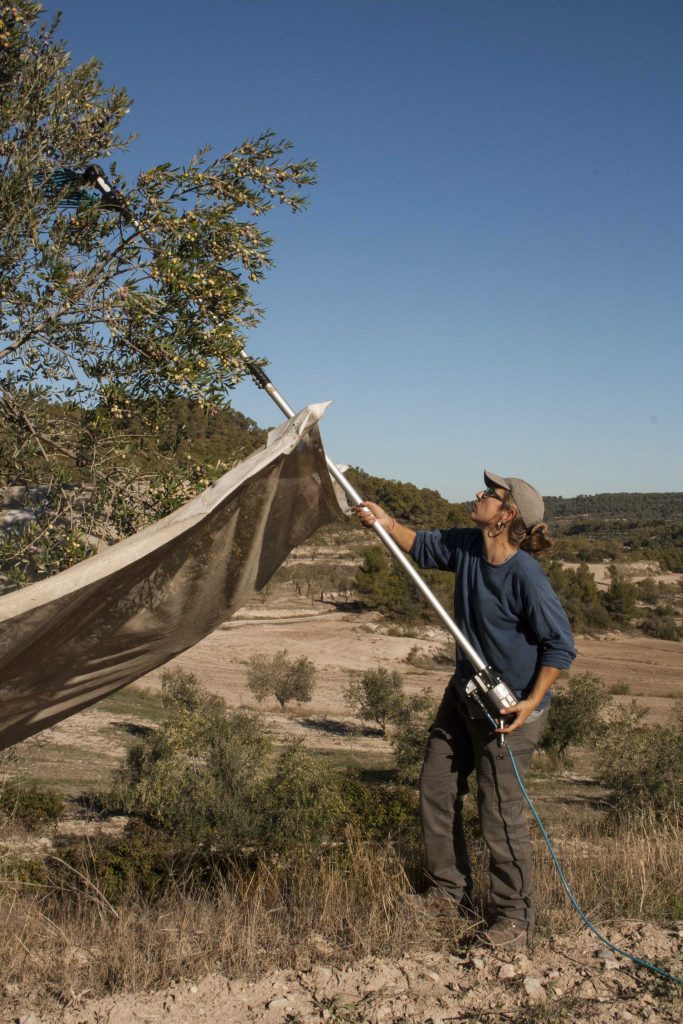
In years like this, when all rainfed agricultural crops suffer, a context of increased oil prices opens up throughout Catalonia. At L’Olivera however, we choose to maintain the price and absorb these interannual variations that are common in olive cultivation and that connect us with this idea of resistant agriculture that values the quality of the oil and the positive derivatives of having this living rainfed agriculture. An agriculture that, beyond contributing to the productive economy of a place, is a key element for landscape management, environmental maintenance and the (necessary) will to make our landscapes livable. And now, more than ever, we need a citizenry that understands it, embraces it and becomes complicit in this stubborn idea of inhabiting the landscapes.
